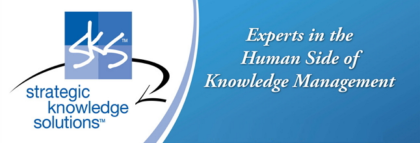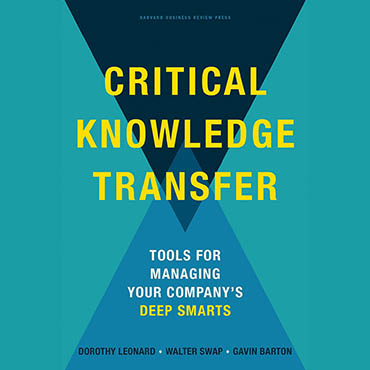SKS recently wrapped up the Combat Studies Institute (CSI) Staff Ride contract, where SKS Historians conducted both virtual and live staff rides around the world.
In June, SKS Historian, Florian Waitl, traveled to Europe to participate in a Battlefield Study conducted by the British Army. This study focused on several World War I operations of 1917 in Belgium and France. Not only was he able to gain a better understanding of the battles, but also how the British Army’s Battlefield Study differs from the traditional U.S. Army’s Staff Ride.
They first examined the Battle of Arras, including the actions at Vimy Ridge and the Wellington Quarry tunnels. Then they studied the Battle for Messines, which was a prelude for the larger Third Battle of Ypres. This part emphasized the fighting around Hill 60, the Bayernwald trench system, and the actions at Kiwi Ridge. They also visited the Tyne Cot Memorial, the Last Post Ceremony at the Menin Gate in Ypres, and the battle of Cambrai, which included seeing Deborah D51 (a British WWI tank that was dug out in 1998). The study concluded with a visit to the battlefield at Waterloo.
The British Battlefield Study represents a unique method of conveying past lessons to the present—similar to the U.S. Army’s Staff Ride. However, this study focused on the development of small unit tactics during World War I and how they still influence today’s tactics. Though similar, a Staff Ride is primarily a leadership development tool that focuses on the timeless principles of leadership and examines the decisions of battle participants.
Florian Waitl is pictured here in the Bayernwald trenches near Ypres, Belgium.


